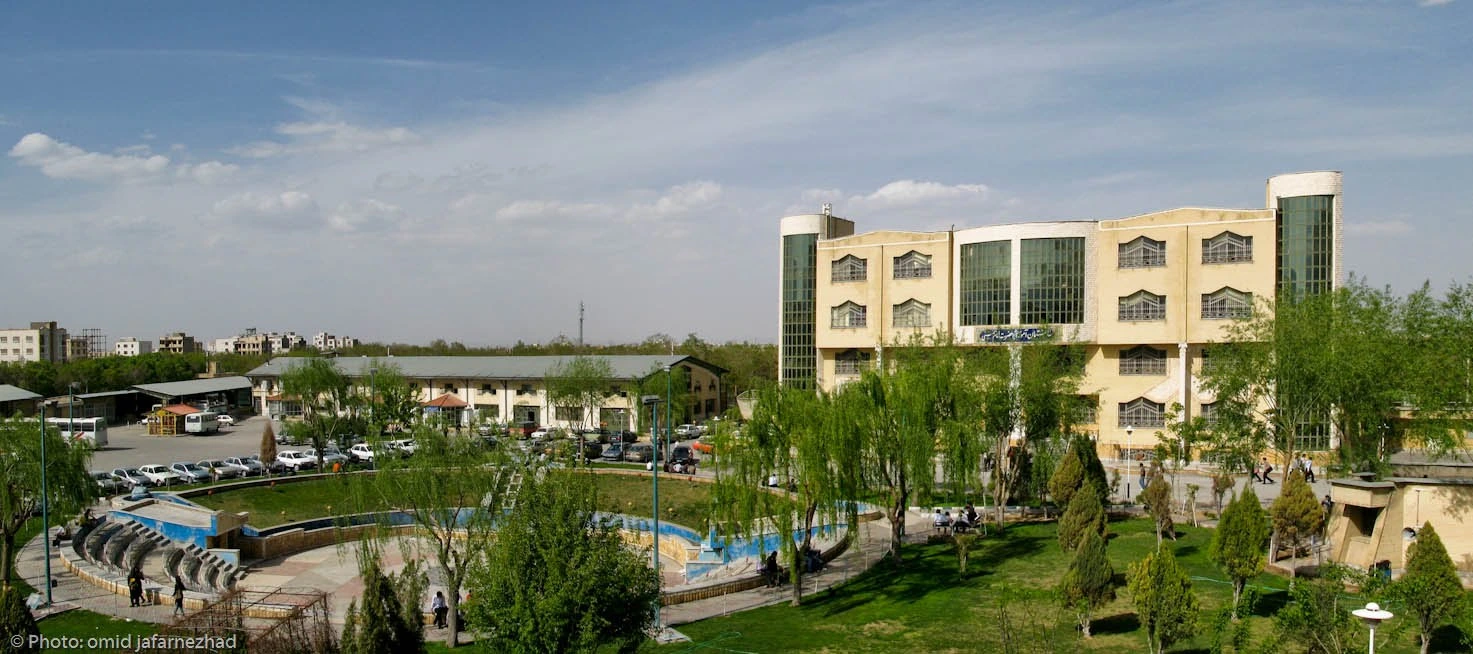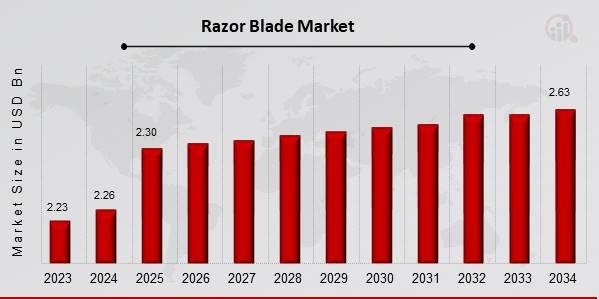Спонсоры
Comparing ICSI with Traditional IVF, Which Is Right for You?
When it comes to fertility treatments, couples often find themselves deciding between two leading assisted reproductive techniques — In Vitro Fertilization (IVF) and Intracytoplasmic Sperm Injection (ICSI). Both methods have helped millions of couples overcome infertility and achieve their dream of becoming parents. However, understanding the difference between these two treatments is crucial before choosing one.
While both procedures are part of assisted reproductive technology (ART) and share many similarities, they differ significantly in how fertilization occurs. Knowing which option suits your unique situation depends on several factors, including the cause of infertility, medical history, and overall health. Let’s explore both IVF and ICSI in depth to help you make an informed decision.
The Role of an IVF Center in Your Fertility Journey
A trusted ivf center plays a vital role in guiding patients through every stage of fertility treatment — from diagnosis and testing to the actual procedures and follow-up care. These centers provide not just advanced medical facilities but also emotional and psychological support throughout the process.
When you visit a professional IVF center, you can expect comprehensive care that includes fertility assessments, detailed explanations of available treatments, and personalized recommendations based on your reproductive health. The best centers in Lahore combine state-of-the-art laboratories with experienced specialists who can help you understand both IVF and ICSI options in detail.
Choosing the right IVF center is the first major step in your journey because the skill, experience, and transparency of the medical team directly impact the outcome of your treatment.
Understanding Traditional IVF
In Vitro Fertilization (IVF) is one of the most well-established and widely used fertility treatments. It helps couples conceive when natural conception isn’t possible due to various reasons such as blocked fallopian tubes, hormonal imbalances, or unexplained infertility.
The process begins with ovarian stimulation, where fertility medications are used to produce multiple mature eggs. Once the eggs are ready, they are retrieved through a minor surgical procedure. The eggs are then placed in a laboratory dish along with sperm, allowing fertilization to occur naturally in a controlled environment.
After fertilization, the developing embryos are monitored for a few days. The healthiest embryo or embryos are then transferred into the uterus. If implantation is successful, pregnancy begins just as it would through natural conception.
Traditional IVF is particularly suitable for couples where the male partner has normal sperm quality, or when infertility is related to female factors such as blocked tubes, endometriosis, or age-related decline in fertility.
Understanding ICSI (Intracytoplasmic Sperm Injection)
Intracytoplasmic Sperm Injection (ICSI) is a more specialized version of IVF, primarily designed to address male infertility. The key difference between IVF and ICSI lies in how fertilization happens. Instead of letting sperm fertilize the egg on its own, in ICSI, a single healthy sperm is carefully injected directly into an egg under a high-powered microscope.
This precision technique helps overcome barriers that might prevent fertilization naturally or even in a traditional IVF setting. The rest of the procedure — from ovarian stimulation to embryo transfer — is similar to IVF.
ICSI is particularly beneficial for couples where the male partner has a low sperm count, poor sperm motility, abnormal sperm shape, or previous failed fertilization in IVF. It’s also used when sperm needs to be retrieved surgically or when frozen eggs are used for treatment.
The Core Difference Between IVF and ICSI
While both procedures follow similar steps leading up to fertilization, the main difference lies in how the sperm meets the egg. In IVF, fertilization occurs naturally when multiple sperm compete to penetrate the egg, allowing natural selection to take place. In ICSI, however, the embryologist selects a single healthy sperm and injects it directly into the egg to ensure fertilization.
This distinction makes ICSI a more controlled process, ideal for cases of severe male infertility, while IVF works well for couples with unexplained infertility or mild reproductive issues.
Understanding this difference helps patients and doctors choose the method that offers the best chance of success depending on the cause of infertility.
When IVF May Be the Right Choice
IVF is often the first-line treatment for couples dealing with fertility challenges, especially when sperm quality and count are within a normal range. It’s recommended for:
-
Women with blocked or damaged fallopian tubes.
-
Couples with unexplained infertility where both partners have normal fertility test results.
-
Women with mild endometriosis or ovulation disorders.
-
Couples using donor eggs or embryos.
One of the advantages of IVF is that it closely mimics natural fertilization while being controlled in a laboratory setting. Because multiple sperm are allowed to compete, the best one naturally fertilizes the egg, which may result in stronger embryos.
IVF is also slightly less expensive than ICSI, making it a practical option for many couples starting their fertility journey. Moreover, it provides flexibility for procedures like egg freezing, embryo freezing, and preimplantation genetic testing.
When ICSI May Be the Better Option
ICSI is the treatment of choice for couples struggling with male factor infertility or those who have experienced failed fertilization in previous IVF cycles. It offers a higher level of control over the fertilization process and is often used in more complex fertility cases.
Your doctor may recommend ICSI if:
-
The male partner has a low sperm count or poor sperm motility.
-
The sperm have abnormal shapes that make it difficult to penetrate the egg.
-
There has been previous IVF failure due to fertilization issues.
-
Sperm has been retrieved through surgical procedures such as TESA or PESA.
-
The eggs being used are frozen, or fertilization is difficult due to egg membrane thickness.
ICSI provides hope for couples who might otherwise have limited options. It has proven to be one of the most successful fertility techniques for overcoming severe male infertility and achieving pregnancy.
Success Rates of IVF and ICSI
Both IVF and ICSI offer excellent success rates when performed at reputable fertility centers. However, the outcome depends on several factors such as the woman’s age, egg and sperm quality, and the clinic’s technology and expertise.
Generally, the fertilization rate in ICSI is slightly higher than traditional IVF because it eliminates the natural barriers to fertilization. ICSI can achieve fertilization in up to 70–80% of eggs, while IVF typically achieves 50–70%.
That said, once fertilization occurs, the embryo implantation and pregnancy rates are quite similar for both treatments. What truly matters is the overall quality of the embryos and the skill of the medical team performing the procedure.
Risks and Considerations
Both IVF and ICSI are safe and well-established techniques, but it’s essential to be aware of potential risks.
In IVF, risks include multiple pregnancies (if more than one embryo is transferred), mild ovarian hyperstimulation syndrome (OHSS), and emotional stress due to hormonal fluctuations.
In ICSI, the risks are minimal but include slightly higher costs due to the advanced laboratory work. In very rare cases, if male infertility has a genetic cause, there’s a small chance of passing that condition to offspring. For this reason, fertility specialists often recommend genetic counseling before starting ICSI treatment.
A transparent discussion with your doctor will help you understand these risks in detail and make an informed decision based on your medical profile.
Emotional Support During Treatment
Undergoing fertility treatment can be emotionally demanding for both partners. The waiting periods, repeated appointments, and uncertainty can cause stress and anxiety. That’s why a top fertility or IVF center doesn’t just focus on medical treatment—it also provides psychological and emotional support.
Many clinics offer counseling services, support groups, and stress management programs designed to help patients cope better. Couples are encouraged to communicate openly with their medical team and seek mental health support when needed. Emotional wellness is as important as physical health when undergoing fertility treatment.
Costs and Accessibility
Cost is a significant factor for most couples deciding between IVF and ICSI. Since ICSI involves a more specialized laboratory process, it tends to be slightly more expensive than traditional IVF. However, many IVF centers in Lahore offer package options or financing plans to make these treatments more affordable and accessible.
When comparing costs, it’s crucial to look beyond price alone. Consider factors like the clinic’s success rates, technology, transparency, and aftercare services. A slightly higher investment in a trusted center often results in better outcomes and peace of mind.
How to Decide Which Option Is Right for You
The decision between ICSI and IVF should always be based on medical evidence rather than preference alone. Your fertility specialist will evaluate your condition, perform diagnostic tests, and guide you toward the most effective approach.
If male infertility is the main issue, ICSI may offer the best chance of success. However, if both partners have normal fertility parameters, traditional IVF can achieve equally good results without the added cost of ICSI.
Ultimately, the right decision comes down to your medical history, emotional readiness, and the advice of an experienced fertility team. Choose a clinic that prioritizes patient education, explains every step clearly, and supports you throughout your journey.
Conclusion
Both ICSI and traditional IVF are revolutionary fertility treatments that have helped countless couples experience the joy of parenthood. While IVF allows for natural fertilization in a laboratory setting, ICSI offers greater precision, particularly for those facing male infertility or previous fertilization failures.Selecting between these two options depends on your unique fertility challenges, age, and the recommendations of your medical specialist. A trustworthy ivf center in Lahore will ensure you receive transparent information, personalized care, and expert guidance at every stage.Remember, fertility treatment is not just a medical process—it’s a journey of hope, trust, and perseverance. With the right support and expertise, both IVF and ICSI can bring you closer to the dream of starting your family.







